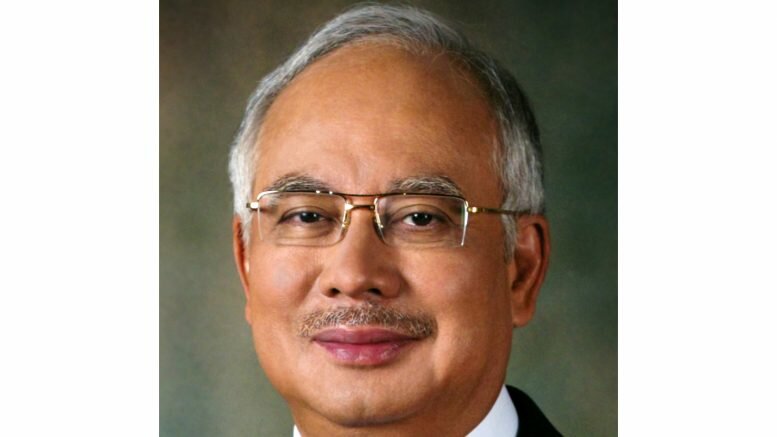Election trouble in Malaysia, voters rejected
Several voters have been prevented from voting, according to the Malaysian Human Rights Commission. The Commission is directing harsh criticism at the authorities before Wednesday’s general election in Malaysia.
This is stated in a press release from the organization, that was created by Malaysian elected representatives in 1999 as a reaction to the widespread election fraud in the country. According to chairman Razali Ismail, the Commission has been informed of several cases where voters have been prevented from voting, as well as problems with the country’s electoral system.
Ismail also accuses the Government and Prime Minister Najib Razak of undermining the electoral system by distributing money gifts – of which Norway Today has first hand knowledge that is happening. Deceased voters are also not uncommon in remote areas.
Favourite despite scandals
In Wednesday’s election, Razak is challenged by former Prime Minister Mahathir Mohamad (92). The election is, according to a number of election analysts, likely to end up with Najib’s Government being re-elected, partly as a result of an electoral system favouring votes from the remote and underdeveloped areas of the country (Borneo, Klantan).
A likely election win will come despite the scandal surrounding the Government fund 1MDB and other corruption. Several billion dollars has supposedly been siphoned out of the fund, and Prime Minister Najib has been accused of placing some of the money in his own accounts, mainly in Australia. Malaysia is considered as one of the most corrupt countries in the world.
Accused of spreading false news
Najib’s opponent Mahathir, who ruled Malaysia in an authoritarian manner between 1981 and 2003, is accused of spreading fake news.
When the election campaign was kicked off, Mahathir claimed that someone had attempted to sabotage his plane to prevent him from going to the island of Langkawi, where he was formally to register as a candidate in the election. He eventually reached the island with another plane.
Both the Aviation Authority and the charter company have subsequently refused the allegations of sabotage, saying that there was a technical problem with the aircraft.
Politics of Malaysia (Wikipedia)
Politics of Malaysia takes place in the framework of a federal representative democratic constitutional monarchy, in which the Yang di-Pertuan Agong is head of state and the Prime Minister of Malaysia is the head of Government. Executive power is exercised by the federal Government and the 13 state governments. Federal legislative power is vested in the federal parliament and the 13 state assemblies. The judiciary is independent of the executive and the legislature, though the executive maintains a certain level of influence in the appointment of judges to the courts.
The Constitution of Malaysia is codified and the system of Government is based on the Westminster system. The hierarchy of authority in Malaysia, in accordance to the Federal Constitution, stipulates the three branches (administrative components) of the Malaysian government as consisting of the Executive, Judiciary and Legislative branch. Whereas, the Parliament consists of the Dewan Negara (Upper House / House of Senate) and Dewan Rakyat (Lower House / House of Representatives).
Malaysia has had a multi-party system since the first direct election of the Federal Legislative Council of the Malaya in 1955 on a first-past-the-post basis. The ruling party since then had always been the Alliance Party (Malay: Parti Perikatan) coalition and from 1973 onward, its successor, the Barisan Nasional (National Front) coalition.
The Barisan Nasional coalition currently consists of the United Malays National Organisation (UMNO), Malaysian Chinese Association (MCA), Malaysian Indian Congress (MIC) and 10 other component parties. The opposition are made up of the newly formed pact, the Coalition of Hope (Pakatan Harapan), the Pan-Malaysian Islamic Party (PAS), the Socialist Party of Malaysia (PSM) and other smaller parties.
Although Malaysian politics has been relatively stable, critics allege that “the Government, ruling party, and administration are intertwined with few countervailing forces.” Since the 2008 General Election, the media’s coverage on the country’s politics has noticeably increased.
The Economist Intelligence Unit has rated Malaysia as a “flawed democracy” in 2016.
© NTB Scanpix / #Norway Today




